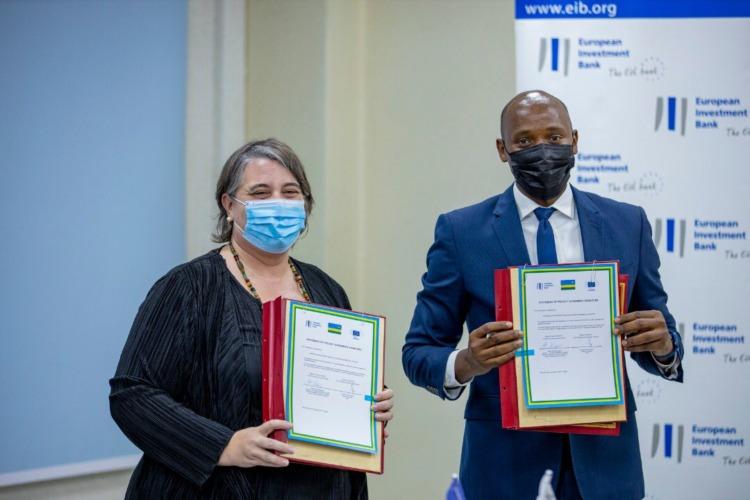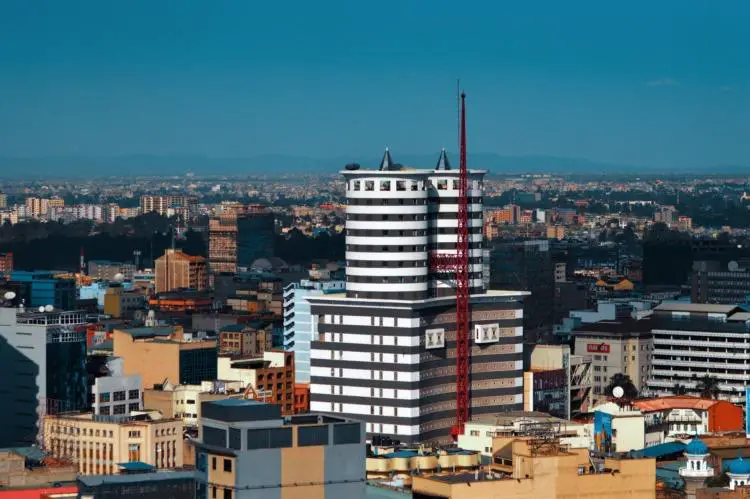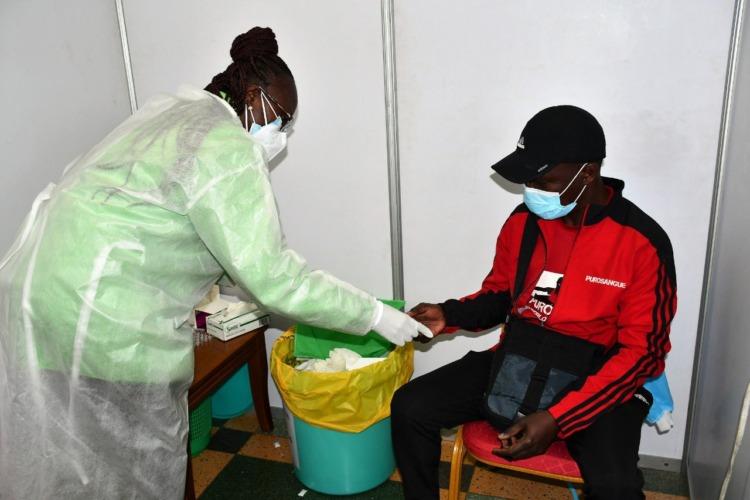- Kenya-Ethiopia Trade Relations: Legislators Advocate for Policy Alignment to Boost Ties
- Visualising the state of debt in Africa 2024
- Abu Dhabi radiates optimism as over 300 startups join AIM Congress 2024
- TLcom Capital Raises $154 million in Funding to Boost Its African Growth
- Africa’s $824Bn debt, resource-backed opaque loans slowing growth — AfDB
- LB Investment brings $1.2 trillion portfolio display to AIM Congress spotlight
- AmCham Summit kicks off, setting course for robust future of US-East Africa trade ties
- Why the UN is raising the red flag on the UK-Rwanda asylum treaty
Browsing: Covid-19 Aftershocks
Every African region has felt the effects of Russia’s invasion of Ukraine, with West Africa also bearing the burden of a war miles away in Europe.
- At a period when West Africa has been facing a severe food crisis since 2011, the Ukraine conflict has complicated matters further.
- For most West African nations, the expenses of regulating rising prices are already too high.
- The West African economic crisis and the Russia-Ukraine scenario highlight the perilous linkages between diplomatic sanctions, commerce, and food security.
Africa’s post-Covid recovery hampered
The Russian-Ukrainian conflict has hampered Africa’s potential recovery from the COVID-19 pandemic by raising food and fuel costs, interrupting the trade of services and goods, constricting fiscal space, limiting green transitions, and slowing the flow of development funding across the continent.
The crisis has jeopardized homes, communities, and nations across Africa. Before 2020, African countries were among the world’s fastest-growing. The COVID-19 pandemic …
- EIB has committed EUR 95 million to support companies that were most affected by the COVID-19 pandemic in Rwanda
- Bank of Kigali and KCB Bank Rwanda have been picked to manage the funds
The European Investment Bank has announced that it will support companies that were most affected by the COVID-19 pandemic in Rwanda, to a tune of EUR 95 million.
In a statement, the bank said it had picked Bank of Kigali (BK) and KCB Bank Rwanda to manage the funds, as well as provide new credit lines for Rwandan companies.
Commenting on the development, the Minister of Finance and Economic Planning Uzziel Ndagijimana welcomed EIB’s latest private sector engagement in Rwanda and the launch of its EUR 175 million East Africa COVID-19 Response Facility in the country.
Rwanda becomes the first country in East Africa to benefit from the new streamlined financing programme that will provide long term …
- The region had drawn a number of important lessons from the pandemic especially in relation to the economic sectors that were hard hit such as tourism
- EAC citizens should be charged local rates while entering public tourist sites such as national parks and reserves that are distributed across the region
- EAC Partner States should also diversify their tourism products by developing other products
East African Community Partner States lost 92% of revenues in the tourism sector due to the COVID-19 pandemic, with arrivals to the region falling from 6.98 million arrivals before the pandemic to 2.25 million arrivals occasioning the losses.
EAC Secretary General Hon. (Dr.) Peter Mathuki however noted that the region was now open again for business, and urged EAC Partner States governments and other stakeholders to work together to market the region’s tourist attractions and products as part of efforts to ensure speedy recovery for the sector.…
- Demand for credit remains high from financially-stressed consumers.
- Banks and lending institutions had emerged as crucial players in Kenya’s recovery journey.
- According to the Central Bank of Kenya, the NPL rate stood at 14.0% at the end of June.
A new report now indicates that the Covid-19 pandemic is continuing to have an impact on the Kenyan credit market, with banks and lending institutions having to adjust their operations to the current economic climate.
Although demand for credit remains high from financially-stressed consumers, the latest TransUnion Q2 2021 Kenya Market Analytics Report shows a decline in the number of active accounts, clients and new accounts opened compared to the previous quarter.
Ongoing consumer demand for credit saw the value of new loans disbursed during the second quarter increase by 2.5% from the first quarter, from Sh486.6 billion to Sh499.0 billion.
This was driven largely by growing demand for the M-Pesa …
The Kenya National Bureau of Statistics (KNBS) released the Economic Survey 2021, indicating that the economy contracted by 0.3% in 2020, from the restated 5.0% growth recorded in 2019.
The contraction is mainly attributable to the slowdown in economic activities due to emergence of the COVID-19 pandemic which resulted in sharp declines in demand and supply of goods and services.
The contraction was spread across all sectors of the economy but the sectors that were hard hit included the accommodation and food serving activities, education, and professional and administrative services.
Kenya’s unemployment rate doubles -KNBS
Here are some of the report’s observations:
The agriculture, forestry and fishing activities grew at a faster rate of 4.6% compared to the 2.3% growth recorded in 2019. This was despite a contraction in global demand in 2020 due to the prevailing economic situation brought about by the pandemic.
Growth in the manufacturing sector was …
Trade associations in Kenya have asked for immediate reopening of the economy and ending the COVID-19 containment measures issued by the Government to reduce the loss of livelihoods from the effects of the pandemic.
The 8 trade associations from across the retail, hospitality, transport creative, and entertainment sectors also backed the motion in Parliament urging the Government to concentrate on measures to revive the economy and vaccinate more people.
As the President extended the curfew and other containment orders, the High Court issued a determination that the orders issued to law enforcement agencies on the COVID-19 protocols are in breach of the Constitution.
At the same time, there is a motion in the National Assembly urging the Government to do away with all forms of lockdowns and concentrate on measures to revive the economy and vaccinate more people.
The associations also lamented the continued harassment of their members by police …










